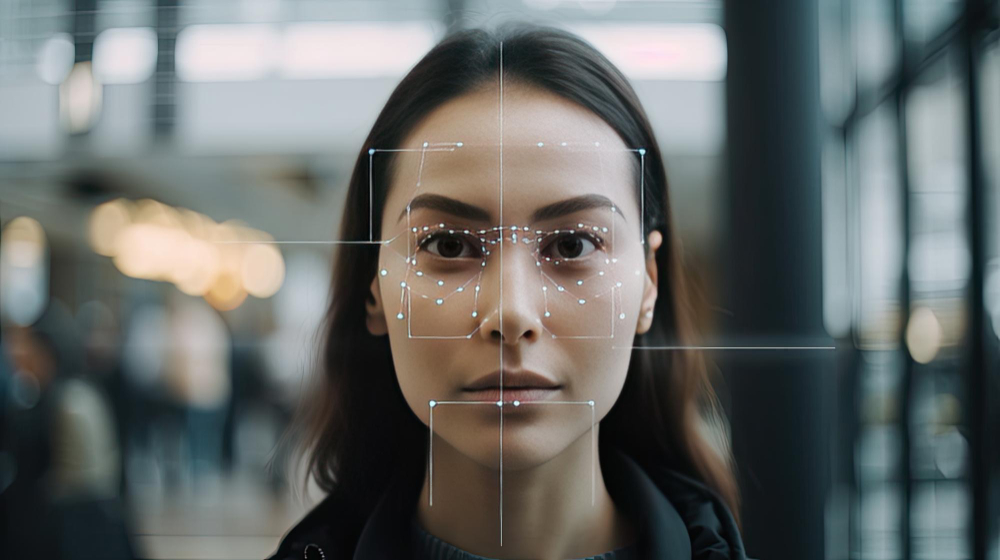
Free AI: Building a Better Future, Today
In the rapidly evolving landscape of technology, artificial intelligence (AI) has emerged as a transformative force with the potential to shape our future in unprecedented ways. As AI continues to advance, the question of accessibility becomes crucial. Can we harness the power of AI for the greater good, making it freely available to everyone? In this blog, we explore the concept of swap face free and how it contributes to building a better future for all.
The Promise of AI:
Artificial Intelligence holds the promise of solving complex problems, automating tedious tasks, and enhancing human capabilities. From healthcare to education, from business to environmental conservation, the applications of AI are vast and varied. However, the widespread adoption of AI has been hindered by issues such as cost, limited access to resources, and concerns about data privacy.
Enter Free AI:
Free AI refers to the democratization of artificial intelligence, making its tools, technologies, and resources accessible to a broad audience without financial barriers. This concept aims to empower individuals, organizations, and communities to leverage AI for the greater good, fostering innovation, and creating positive societal impact.
Key Elements of Free AI:
- Open-source AI Tools: Free AI embraces the open-source philosophy, encouraging the collaborative development of AI tools and frameworks. Platforms like TensorFlow and PyTorch provide a foundation for developers to create, share, and enhance AI models freely.
- Educational Initiatives: To bridge the knowledge gap, Free AI initiatives emphasize education and training. Online courses, tutorials, and resources enable individuals from diverse backgrounds to acquire AI skills, empowering them to contribute to and benefit from the AI revolution.
- Community-driven Innovation: Free AI thrives on community collaboration. Hackathons, competitions, and open forums allow developers, researchers, and enthusiasts to collaborate, share insights, and collectively address challenges in the AI ecosystem.
- Ethical AI Practices: A critical aspect of Free AI is promoting ethical considerations in AI development. By encouraging responsible practices, such as transparency, fairness, and bias mitigation, Free AI seeks to build a future where AI benefits all members of society.
Benefits of Free AI:
- Inclusive Innovation: By removing financial barriers, Free AI fosters an environment where individuals from diverse backgrounds can participate in innovation. This inclusivity brings forth a wider array of perspectives, ultimately leading to more comprehensive and ethical AI solutions.
- Addressing Global Challenges: Free AI enables collaborative efforts to tackle pressing global issues, such as climate change, healthcare disparities, and education gaps. The collective intelligence harnessed through Free AI initiatives can contribute to innovative solutions for complex problems.
- Skill Empowerment: Accessible AI education empowers individuals to acquire valuable skills, enhancing employability and fostering entrepreneurship. This democratization of knowledge ensures that the benefits of AI are not limited to a select few but are widely distributed.
- Cultural and Linguistic Diversity: Free AI initiatives can lead to the development of AI models that understand and cater to a diverse range of languages and cultures. This inclusivity ensures that AI technologies are not biased towards any specific region or demographic.
Challenges and Future Considerations:
While Free AI holds immense potential, challenges remain. Issues related to data privacy, security, and maintaining ethical standards must be continuously addressed. Additionally, efforts are needed to ensure that AI technologies do not exacerbate existing social inequalities.